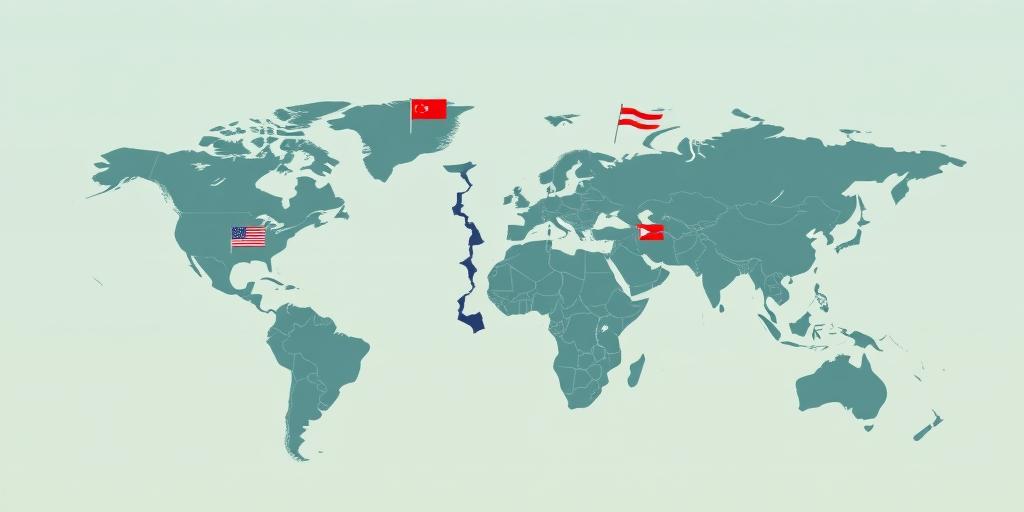Trade wars, characterized by the imposition of tariffs and other trade barriers between nations, are not merely economic skirmishes; they are potent geopolitical tools with far-reaching implications. This post delves into the intricate relationship between trade wars and geopolitics, examining how these conflicts reshape international relations, influence alliances, and alter the balance of power.
Understanding Trade Wars At their core, trade wars involve retaliatory actions between countries, often triggered by perceived unfair trade practices. These actions can include tariffs on imports, quotas, and other protectionist measures. While the immediate impact is economic – affecting businesses, consumers, and supply chains – the secondary effects ripple through the geopolitical landscape.
Geopolitical Implications
- Shifting Alliances: Trade wars can strain existing alliances and create new partnerships. Countries targeted by tariffs may seek closer ties with others to diversify their trade relationships and reduce dependence on the imposing nation.
- Increased Nationalism and Protectionism: Trade wars often fuel nationalist sentiments, leading to increased protectionist policies. This can undermine international cooperation and multilateral institutions, potentially destabilizing the global order.
- Impact on Geopolitical Leverage: Economic strength is a key component of geopolitical power. Trade wars can weaken economies, thereby diminishing a nation's ability to exert influence on the world stage. Conversely, countries that emerge relatively unscathed may see their geopolitical leverage increase.
- Security Implications: Economic tensions can spill over into security concerns. Trade wars may exacerbate existing geopolitical rivalries, leading to increased military spending or territorial disputes. In some cases, they can even serve as a precursor to more overt forms of conflict.
Case Studies
- US-China Trade War: The trade war between the United States and China, initiated in 2018, exemplifies the geopolitical implications of trade disputes. Beyond the economic impact, it has fueled strategic competition, particularly in the technology sector, and has led to a reassessment of global supply chains.
- Brexit: The United Kingdom's departure from the European Union, driven in part by trade considerations, has had profound geopolitical consequences, reshaping Europe's political landscape and altering the UK's role in the world.
Navigating the Geopolitical Landscape In an era of increasing global interconnectedness, trade wars pose significant challenges to international stability. Understanding the geopolitical implications of these conflicts is crucial for policymakers, businesses, and citizens alike. Promoting fair trade practices, fostering international cooperation, and seeking diplomatic solutions are essential to mitigating the risks and ensuring a more peaceful and prosperous world.









